On the last day of August, the spacious three-story building of the Bulgarian Cultural Center at 62 Vágóhíd Street in Budapest will open its doors to students from the Bulgarian School for Native Language. Classes in Hungary begin on August 31 and this time no less than 130 children, descendants of compatriots who settled in the country more than a century ago, are expected to cross the threshold of the Bulgarian school.
The teachers of the Bulgarian school in Budapest take great care and an individual approach to each child in order to maintain a lasting interest in the Bulgarian language and culture. The work with children begins in the Bulgarian bilingual kindergarten, where teaching is done in Bulgarian and Hungarian and the Bulgarian Republican Self-Government in Hungary is the trustee of both educational units – the native language school and the kindergarten. The educational institution also has branches in smaller towns near the capital – Halásztelek and Szigetszentmiklós. Teachers travel to them to make it easier for children to attend a Bulgarian school at least once a week. For the little ones who do not have the opportunity to go to kindergarten, there are additional Bulgarian classes, which are held during the week on a day convenient for the parents.
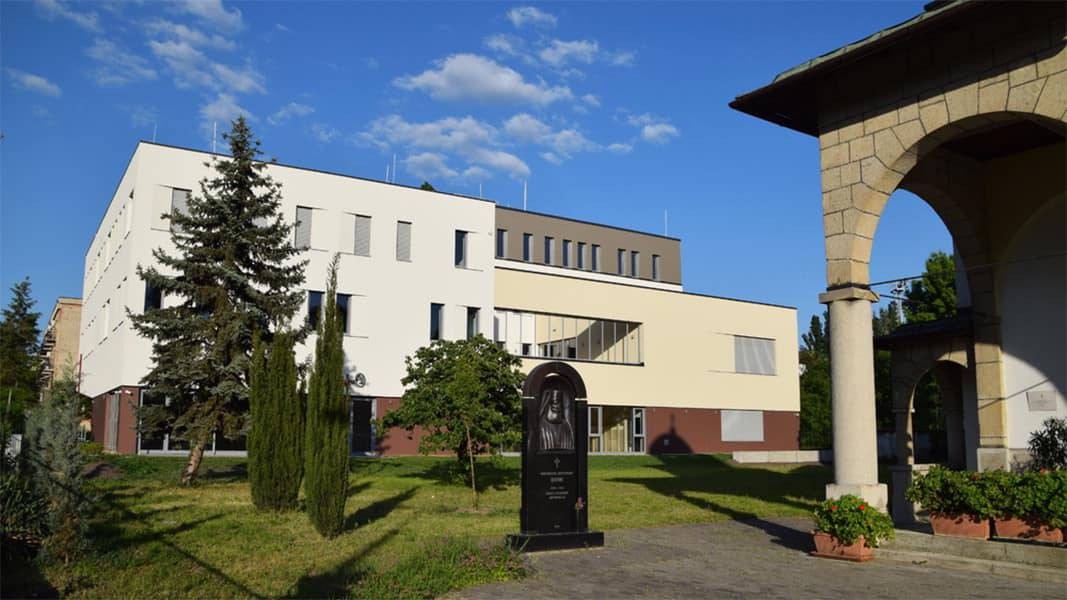
The number of Bulgarians living in Hungary is about 6,000 people. This is a small but very cohesive community. It is recognized as a minority by the Hungarian state and this gives it the right to receive targeted state funding. It is from this funding where the money for the construction of the new building, which has housed the school since last year, along with the church and the Bulgarian Cultural Center, come. "We also have a Bulgarian theater, as well as several folklore ensembles, and the "Hemus" bilingual magazine of the Bulgarian community. The Hungarians love us and respect us for everything we have done for their country and especially for the modernization of their agriculture, to which Bulgarian gardeners contributed a century ago," says Vanya Kotorova, who has been living in Budapest for three decades. Until recently she was the director of the Bulgarian School for Native Language and now she is taking over the leadership of the new united educational institution - Bulgarian School and Kindergarten - City of Budapest.
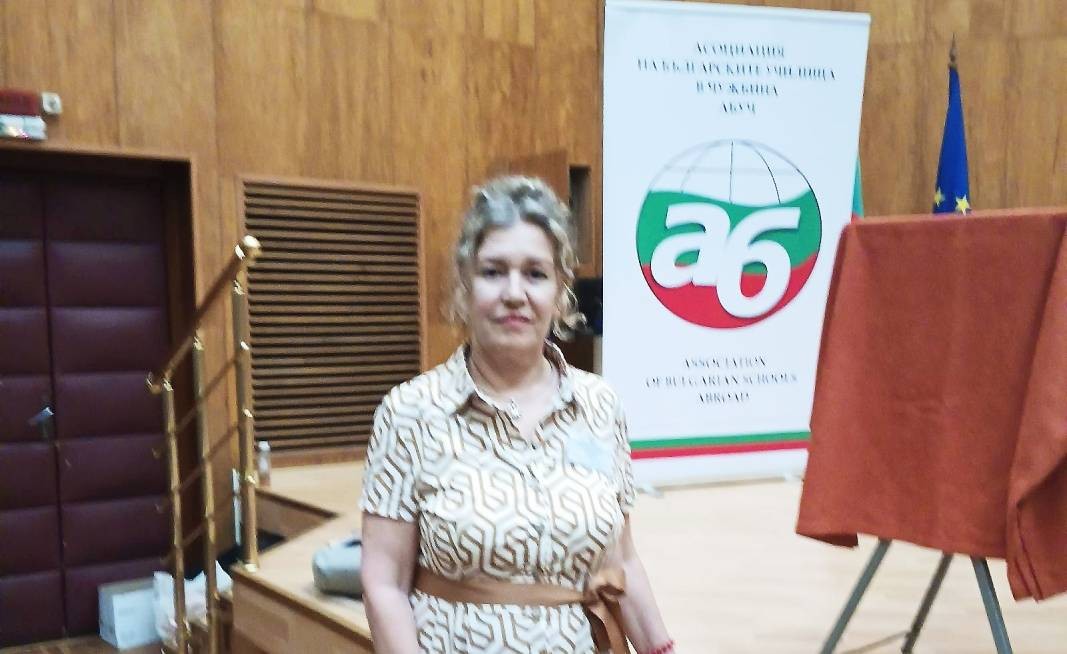
"In 1918, the Association of Bulgarians in Hungary founded the first Bulgarian school in Budapest and for over 100 years it has never interrupted its existence. The association collected funds to build a Bulgarian church, later a Bulgarian cultural center, and then a Bulgarian school. Since last year, our school has had its own building. The church, the cultural center and the school are located in the same place. This is now a source of pride for all Bulgarians in Hungary."
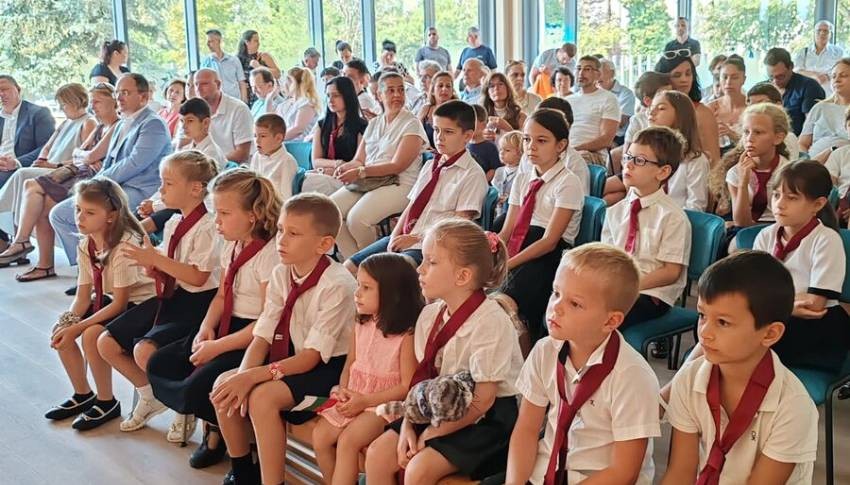
The Bulgarian community in Hungary is not large now, so the teachers at the Bulgarian school try to attract every Bulgarian child. "So far, our mission is successful in this. There are some problems with the legislation but we are coping with the help of the local government. We also have a representative in the Hungarian parliament," Vanya Kotorova tells us:
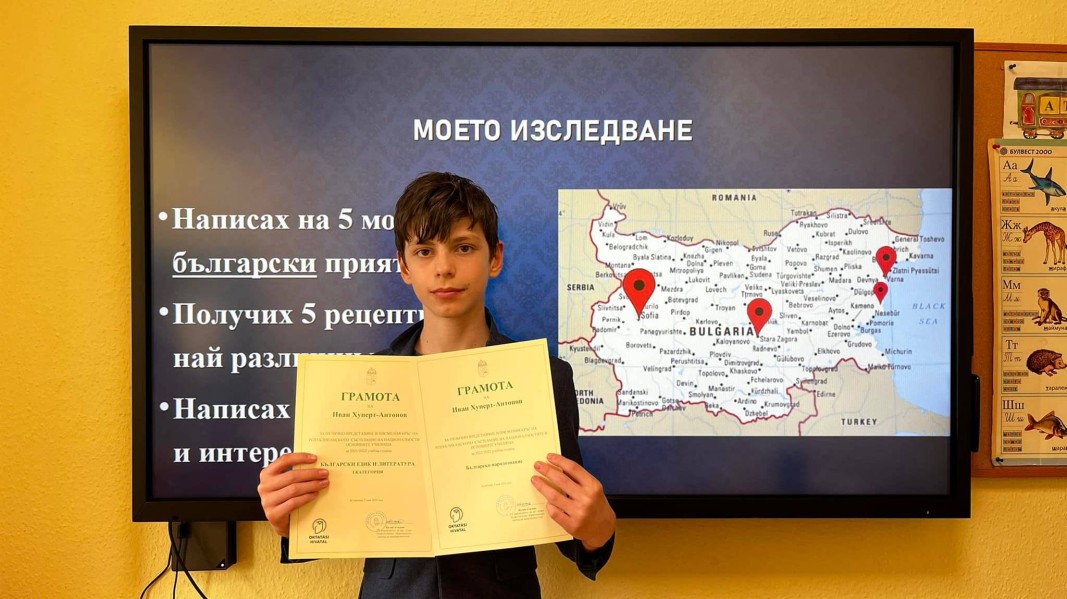
"There is interest in education and culture in Bulgarian, both among the descendants of Bulgarian gardeners and among the new emigration. But the new emigration is much smaller in size compared to that in other European countries. We have seen interest from the Serbian community, as well as from the Croatian and Hungarian, so we would never refuse such children to dance Bulgarian dances and learn Bulgarian. We believe that every child who learns Bulgarian and is interested in Bulgarian culture, regardless of their origin, deserves attention and becomes an ambassador of Bulgarian culture around the world. And for our students, the attitude towards Bulgaria goes through positive emotion."
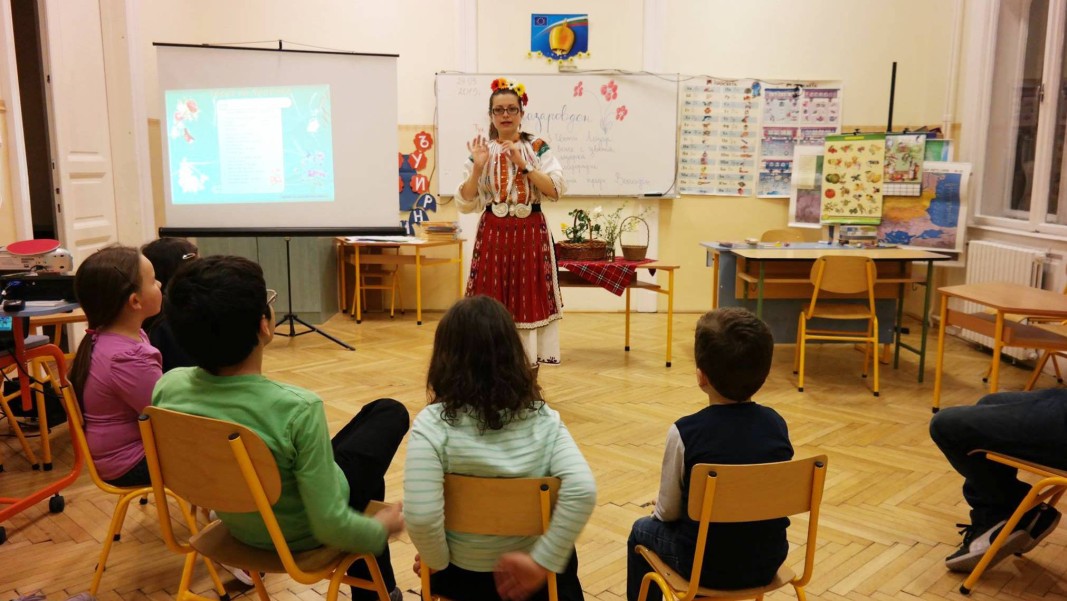
The Bulgarian school in Budapest is one of the few among the Bulgarian Sunday schools in the world that does not charge fees. Moreover, it is well-funded and its team can afford to bring the children to Bulgaria for eight days for a summer camp. "We can afford to organize many programs dedicated to Bulgaria and its culture and this further motivates our children.
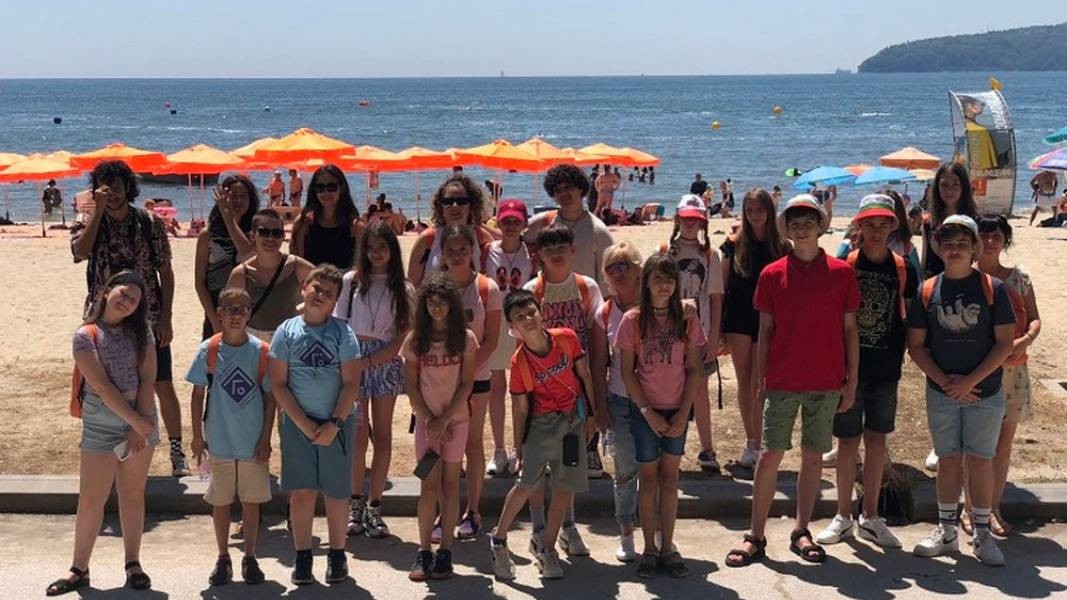
Last but not least, the children have the opportunity to take the Bulgarian language matriculation exam in the Hungarian educational system, which gives them an advantage when applying to higher education institutions in Hungary and other European countries. This is another practical reason for our children to focus on good command of the Bulgarian language," said Vanya Kotorova, head of the Bulgarian School for Native Language in the Hungarian capital, in an interview with Radio Bulgaria.
Author: Gergana Mancheva
Publication in English: Al. Markov
Photos: Bulgarian School for Native Language, bolgarok.hu, Malle-Malle Puppet Theater, Gergana Mancheva, Facebook/ Vanya Kotorova
The mountain resort of Bansko is set to become the capital of mountaineering culture, adventure, and travel, featuring films, exhibitions, and presentations that detail the limits of human possibility. From November 19 to 23, the "Bansko Film..
The Bulgarian Embassy hosted the second concert of the 17th season of the Bulgarian Music Society in Washington. On 14 November, guests enjoyed a unique show by two world-class artists, both originally from Bulgaria: Desi Jordanoff, a folk dance master,..
Generation Z students (born 1995–2012) are widely using artificial intelligence in their learning, with teachers reporting that more than 85% complete homework and study with the help of digital assistants. Children tend to see AI as a partner..
Generation Z students (born 1995–2012) are widely using artificial intelligence in their learning, with teachers reporting that more than 85% complete..
This year, Christmas has "arrived" in Sofia as early as November with the aroma of mulled wine, cinnamon and festive magic. Radio Bulgaria recommends that..
Three-time world champion and Olympic weightlifter Carlos Nasar will be holding a special event with the Bulgarian community in London on 23 November...

+359 2 9336 661
